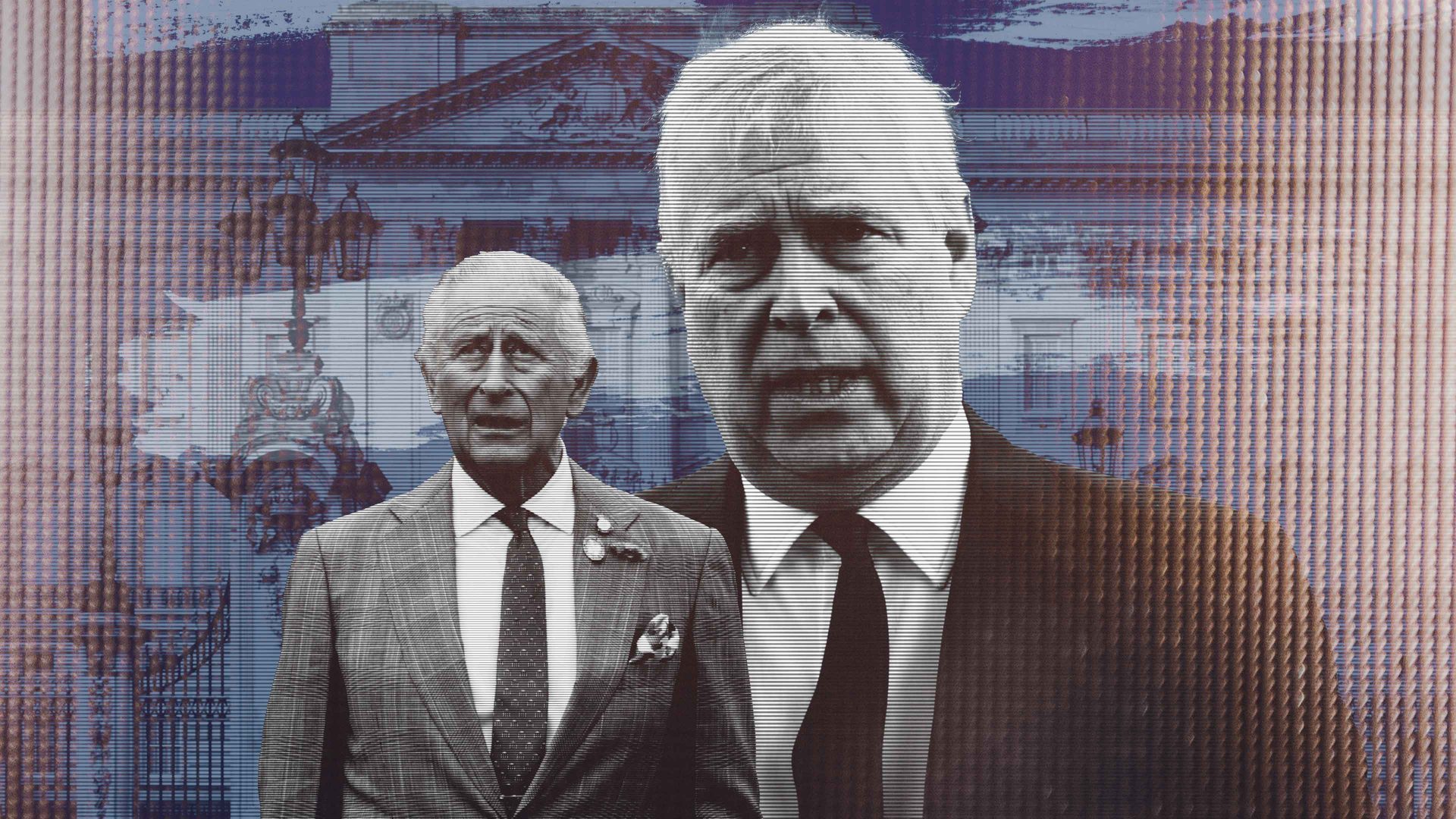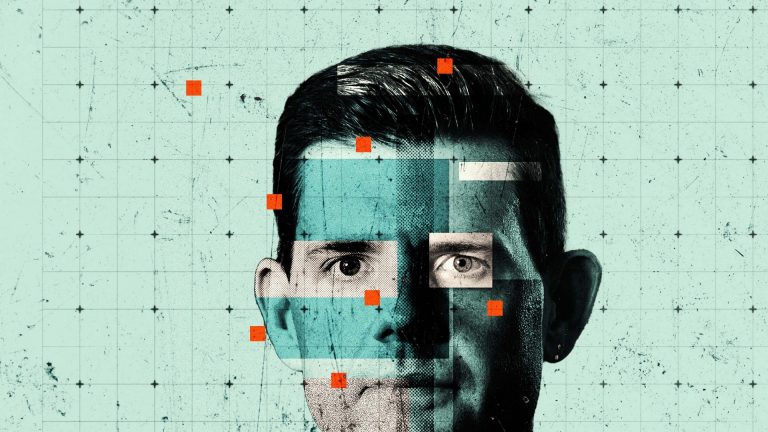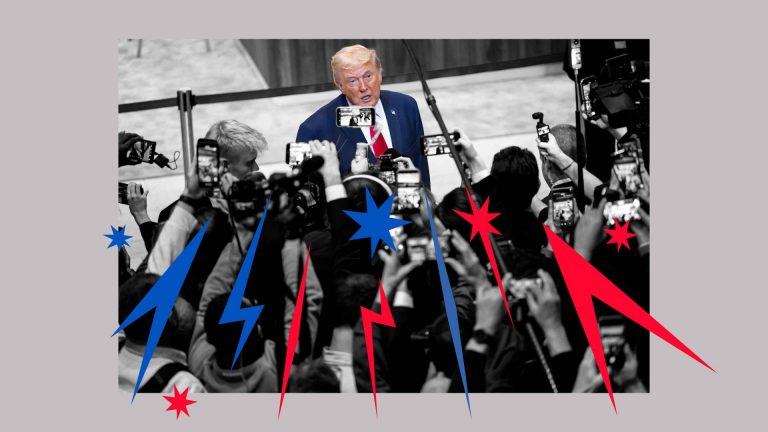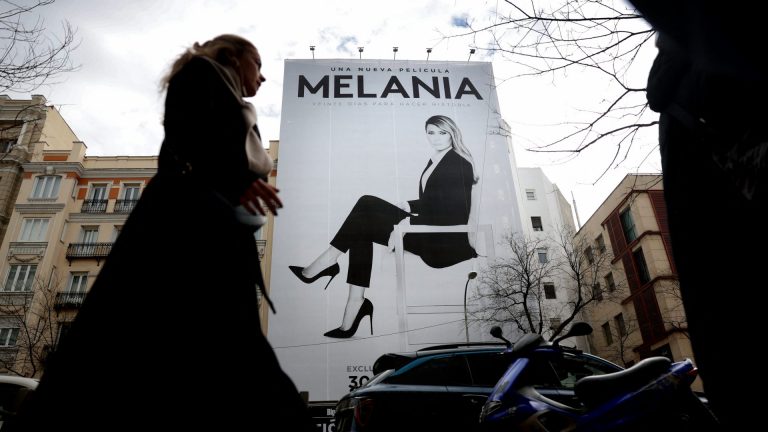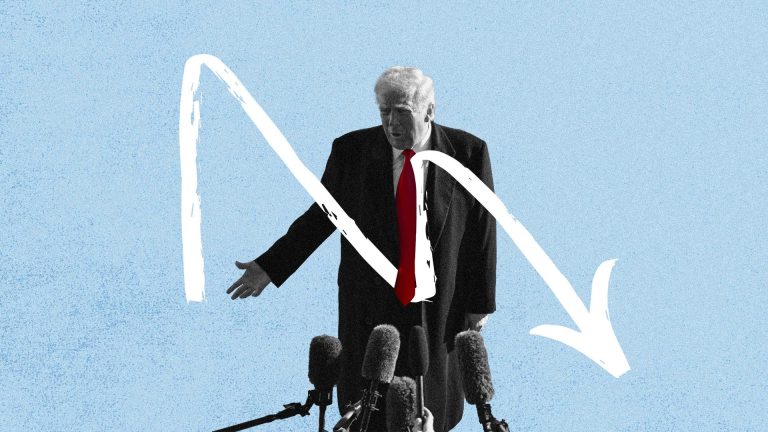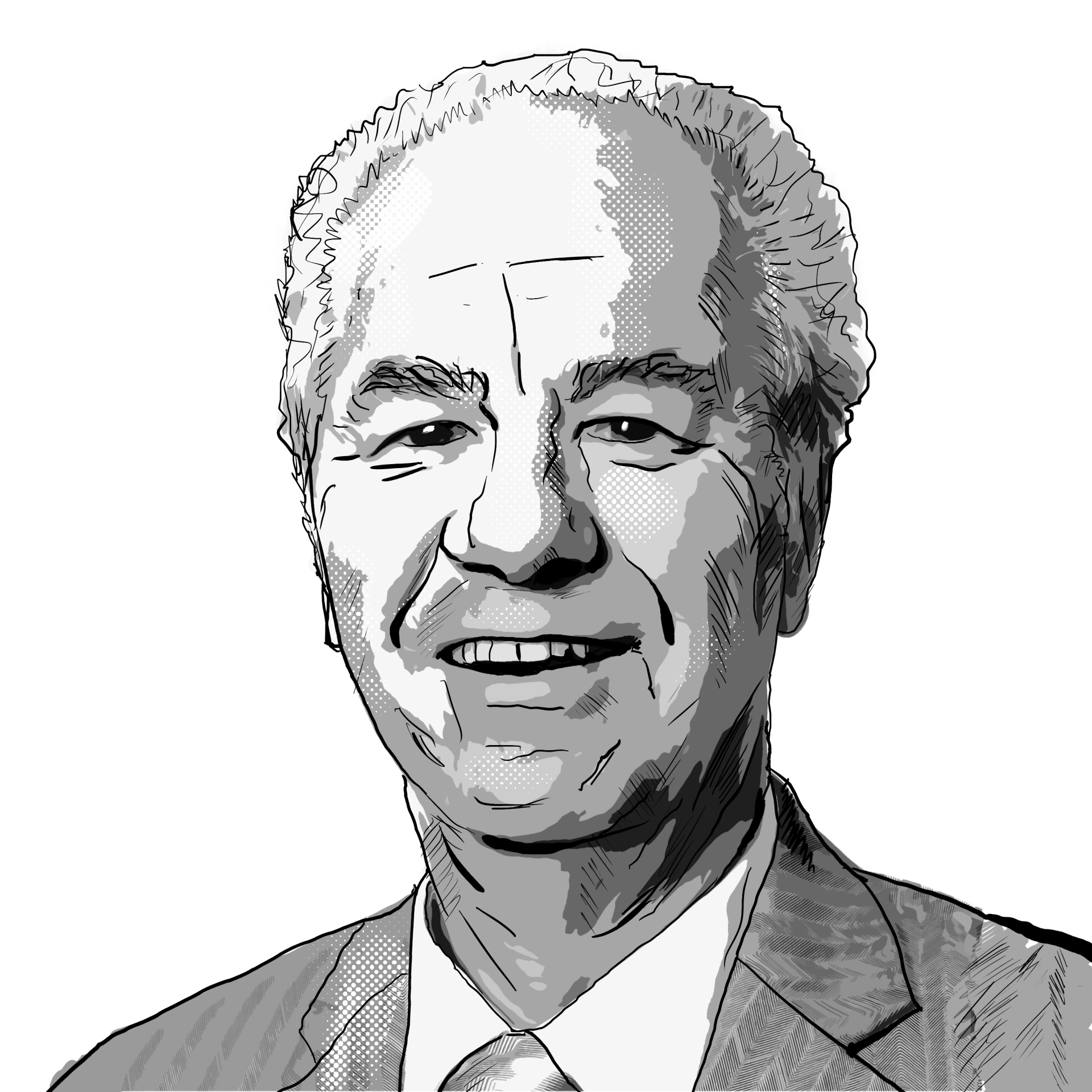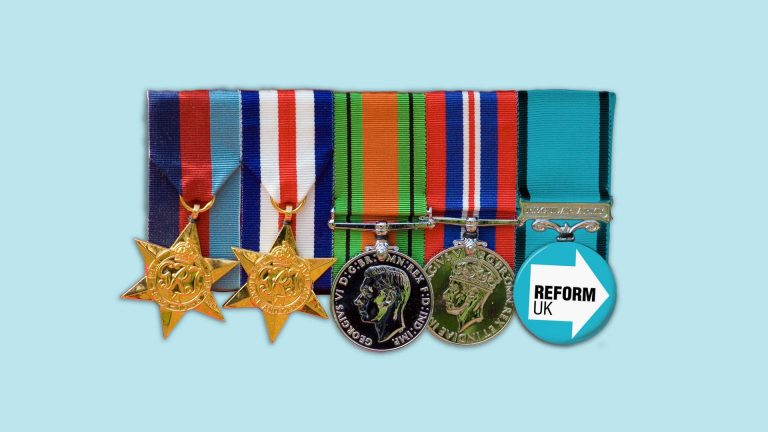At a critical point in his reign, the debacle that turned the Duke of York into plain Andrew Mountbatten Windsor has left King Charles looking remote and, even worse, indifferent to a scandal that aroused wide revulsion among his subjects. For him to understand why he needs to look in a mirror.
During the last two decades the House of Windsor has more and more resembled not a constitutional monarchy but a constitutional plutocracy, displaying an arrogant sense of the immutable rights of inherited wealth. Andrew was a singular and extreme version of that attitude, but such deviance is often a risk where someone with no visible talents and no real job sees those around him suddenly awash with wealth, and the sense of entitlement goes off the rails.
Awash they are. During the first two decades of this century, the Windsors got rich beyond the dreams of avarice. In the early 2000s, the royal family’s net worth is estimated to have been around £200 million. Today it is estimated to be more than £28 billion.
It’s impossible to get anything approaching a true accounting of what each day brings to the flow of wealth into the royal coffers. Long before he became king, as the Prince of Wales, Charles was an aggressive adversary of any attempts to increase financial transparency to the money machine that had landed in his mother’s lap, and in which he played an increasingly eager role.
Part of the reason why this cultural change has taken a long time to register was that it was initially presided over by Queen Elizabeth II, an enigma with no visible traits of a corporate mastermind. She was known more as a micro-manager with a sharp attention to details, like tax loopholes and farming subsidies, than someone driven by the pursuit of more riches than she already enjoyed. (It is, however, an uncomfortable truth that she was excessively lenient in her view and treatment of Andrew.)
With the passing of the Queen, the new King, begetter of branded commerce like the gourmet goods line Duchy Originals and, more important, close overseer of the transactions of the Crown Estate, the mother lode of the royal fortune, became much more clearly the driving force. What was once quaintly called The Firm had taken on an entirely new scale.
Significantly, the new corporate culture changed the style of his court from his mother’s. His idea of being a “modern” monarch was to surround himself with managers who distinguished themselves by running Windsors Inc.
This whole shift in the power structure began with a quiet coup in 2017. The most powerful influence serving any monarch is their private secretary, a kind of CEO at the top of the palace’s organisational chart. Since 2007, that position had been held by Christopher Geidt, an old school mandarin who moved comfortably between the worlds of the royal household, Westminster and national security.
He was said to be the safest pair of hands the queen ever had, at a time when she was unsure where the new century was taking her. But Geidt had become concerned that Charles was trying to take over more of his mother’s role than he thought appropriate and he was also trying to police Andrew’s dubious business connections and naked greed.
Charles decided that Geidt had become an overmighty subject. He also sided with Andrew, without any apparent reservations, and together they persuaded the queen to dump Geidt. He was replaced by Edward Young, a former corporate executive (on whose watch the disastrous BBC Newsnight interview with Andrew was authorised).
Since then, the corporate mindset has dominated the way that the monarchy projects itself to the world. Like the ginger biscuits from The Duchy, the institution has become a brand, acquiring the processed vocabulary of the brand managers.
The peril of branding is that if the values that define the brand are found to be false, calamity follows. That is what is happening now, as the price of delaying for far too long the expulsion of Andrew from the family.
The final phase of the calamity began as Charles went to his summer retreat at Balmoral. The Andrew curse surfaced again and forcefully with the publication of Andrew Lownie’s blistering account of Andrew and Fergie’s life of grifting and debauchery, appropriately titled Entitled. Although it was serialized in the Daily Mail and the Mail on Sunday, the Palace decided to ignore it. It was like a grenade tossed through a window that had failed to go off – so far.
I was interviewing Lownie about the book when he got a text, source not disclosed to me, reacting to his charge that the Queen had, all along, known about Andrew’s salacious history but had tolerated it. “Be careful,” the message said, “the Queen is sacred.” And, whatever the family felt about Lownie’s salvo they kept a stoic silence – Andrew, as usual, made his rote denials about ever having had sex with Virginia Giuffe, even though the publication of her posthumous memoir was looming.
Suggested Reading
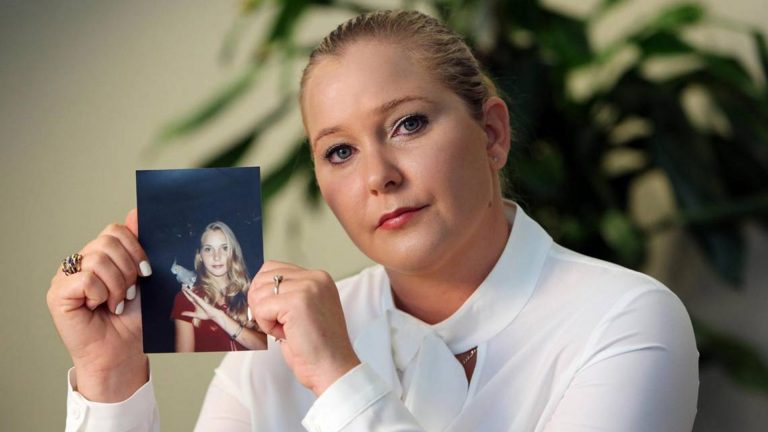

Prince Andrew and an unforgivable secret
In her harrowing book, Giuffre describes in convincing detail three sexual encounters with him in 2001, the final one during an orgy on Epstein’s Caribbean island. At the age of 17 she had just become Epstein’s “top girl” and, with Ghislaine Maxwell’s help, was being groomed to serve the elite of their network.
Andrew, in turn, was a high-value catch because he served as bait to attract other powerful men. His very presence among such reptiles boggles the mind.
And yet the palace chose not to act until an email emerged from court records of another case, sent by Andrew to Epstein months after he said, in his notorious BBC Newsnight interview, that he had terminated relations with Epstein in 2010. In February 2011, when a photo of him with his arm around Giuffre went viral, he told Epstein “we’re in this together” and “we’ll play some more soon.”
Even then, stripping Andrew of his dukedom while leaving him in place at his Windsor estate seemed pathetic. Charles had deferred to the damage control advice of the brand managers and kept himself aloof from the fecal storm as it broke. Andrew was put up to take the heat and delivered an emetic and risible statement: “I have decided, as I always have, to put my duty to my family and country first.”
There was not a hint of contrition on his part because that would have meant dropping his doctrine of denial even though the ghost of Virginia Giuffre had stripped it of any remaining credibility.
Lownie (whose book leapt back into the best-seller list with the new revelations) told me at that time: “The Andrew problem should and could have been dealt with years ago. If the statement had come from Charles and been tough on Andrew and apologised to the victims it might have satisfied rather than enraged public opinion.”
But, of course, no such message appeared. The King was heckled in the street – “what did you know and when did you know it?” He had seriously misread the mood.
Any idea that a refreshing generational change will now take place, demanded by the heir in waiting (and supposed Young Turks around William) is fanciful. Any table scraps that William offers about his intentions are leapt upon by royal hacks as though they are significant.
His most recent offering was a curiously staged encounter in a pub with a Canadian actor and comedian, Eugene Levy. William sipped his beer and, in his disarming Home Counties brogue, allowed that change would be in his future, “but not radical change.”
If the calculation behind this set-up was that it is safer to invite questions from someone with little knowledge of the issues than a journalist then that does not suggest much confidence in his ability to articulate his thoughts on how to handle the seismic challenges that are now building up for the monarchy.
Suggested Reading
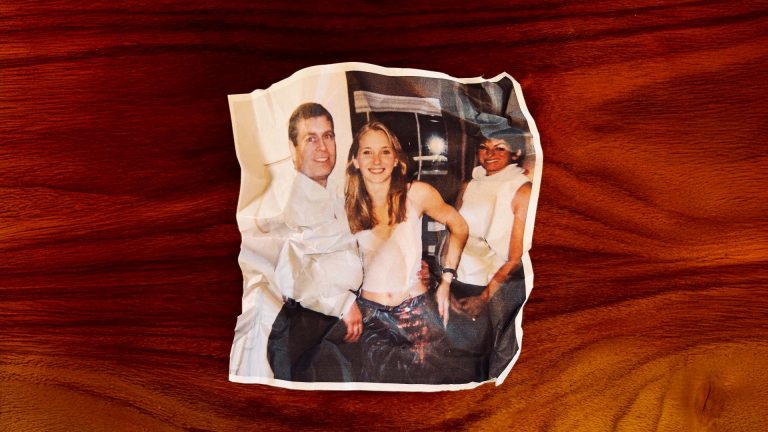

The murder of Virginia Giuffre
Charles himself is not going to seize the moment. This is not a king minded to change much.
The one visible change in his reign so far was his aversion to Buckingham Palace as a home, and preference for the much smaller Clarence House. Moving was out of the question anyway because of the necessary renovation of the palace, costing three hundred and seventy million pounds, now nearing completion.
But this has been carried out without making any reassessment of what the palace’s modern role should be – in itself a metaphor for the absence of any radical rethinking about the monarchy’s future role. The palace is the showpiece of the royal pageant, superbly sited, but it has never been really accessible as a public experience.
One idea: Why not turn it into a version of the Louvre, revealing for the first time the range of the magnificent royal art collection, of which a tiny fraction ever gets seen? This could be complemented by opening the gorgeous 39-acre palace gardens to the public, just as the Tuileries adjoin the Louvre.
Charles’s most effective work has been abroad. Trips to France, Germany and Italy helped to reassure governments there that the Brexit madness was over and that Brits were serious about being Europeans again. He also deliberately made a very personal bond with President Zelensky to reinforce Britain’s support for Ukraine.
His historic visit to the Vatican, bringing harmony to the relationship between the Catholic and Anglican churches, left a feeling that the King is following a bucket list of things he most wants to get done in the time left to him.
At home, his greatest ordeal has been complying with his prime minister’s request to stage an unprecedented second state visit for Donald Trump. This idea, orchestrated with the help of Kier Starmer’s Washington ambassador, Peter Mandelson (later to be fired for his association with Epstein) effectively bought relief from otherwise punitive trade sanctions by feeding the needs of the most vainglorious president in US history.
But the king, already irked by Trump’s suggestion that Canada could become the 51st state, and who had very publicly embraced Zelensky two days after he had been tongue-lashed in the Oval Office, had to swallow hard and be a civilised host. In his speech at the Windsor banquet, Charles talked of safeguarding and restoring “the wonder and beauty of nature” but a few days later Trump, addressing the UN called climate change “the greatest con job ever perpetrated on the world.”
There has to be sympathy for the king’s struggle with cancer. The fact that we have never been told what kind of cancer it is, or the nature of the treatment, makes it impossible to judge how long he will continue in a task that has now become more and more taxing.
As far as it is possible to read the true situation it seems that the cancer has been contained but not beaten. One cryptic comment leaked out – that the King “will die with cancer but not of it.”
The king has been betrayed by his brother’s depravity and duplicity, and has been in denial about this for too long. It has been painful for him to finally acknowledge that. But statements like “the king and queen’s thoughts and sympathies are with the victims of abuse” have the kind of synthetic tone that comes from the marketing speak that has family has allowed to screen out their real feelings.
If the monarchy is to have any meaning to the people, that has to end.
Clive Irving is the author of The Last Queen: Elizabeth II’s Seventy-Year Battle to Save the House of Windsor. He writes for Vanity Fair and was was managing editor of the Sunday Times


